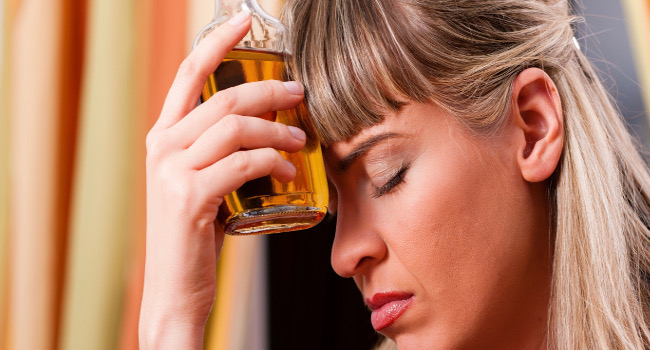Heroin often comes with the label of being the worst drug to become addicted too and there is good reason for this. Not only can using the drug cause an addiction that is one of the hardest to break, it is strong enough to cause sudden death.
Some of the questions commonly asked are:
- How much heroin will cause an overdose?
- How dangerous can an overdose be?
- Can you control the dosage to ensure that the drug can be taken safely?
Below we will explore the answers to these questions
How Much Is a Safe Amount?
The fact of the matter is – no amount of heroin can be considered safe.
If you find that you need the drug to function normally, then you can consider yourself as having an addiction.
Even if you feel that you are strong enough to be able to quit at any time you feel like it, you are still exposed to the risk of serious addiction and the health consequence of using the drug.
How Much Can a Person Take at Once?
As with most drugs, it will depend on the purity of the drug as well as your own tolerance towards it.
Once heroin enters the bloodstream it reaches the brain very quickly. However, the more heroin that is used, the more that is needed to get the same desired effects. This effect of tolerance can be expected for any drug in the opiate or opioid class.
So, how much of the drug do people us on average?
When using recreationally, people report that they take daily doses of between 5mg and 1,500mg. The average dose is reported to be between 300-500mg. On average, an addict will inject themselves 2-4 times per day.
As mentioned previously, the purity of the drug will also have an effect on how much someone can take. Street heroin usually has a purity level of between 10-75% and is often cut with the following ingredients:
- Starch
- Sugars
- Ketamine
- Quinine
- Powdered Milk
Whether you are a frequent user of the drug or you have recently taken it for the first time, you face equal health risks because different people will respond differently to the drug. Effects can range between mild and severe and can also result in long-term health issues.
How Much Will Cause an Overdose?
If you are worried that someone you know maybe taking too much heroin, there are a number of physical and mental symptoms that are noticeable.
The most common signs are:
- Clammy skin
- Pinpoint pupils
- Difficulty breathing
- Bluish lips and nails
- Weak pulse
- Disorientation
- Drowsiness
- Low blood pressure
- Delirium
- Discoloration of the tongue
- Convulsions
Overdoses can be very serious and lead to loss of consciousness, coma and even death.
How Much is Fatal?
In some cases serious or fatal side effects can happen from heroin use. The amount of the drug which can be fatal will vary for each person depending on certain factors such as:
- The individual
- Previous drug history
- Purity of the drug
- Route of administration
- Overall health
- Tolerance to opiates
Can you die from taking heroin? The answer to this question is YES! Any dose of the drug can lead to an overdose which results in a fatal outcome. Some sources have quoted that between 75 mg to 375 mg can be fatal for a male adult weighing 170 lbs who has not used the drug before.
If you are worried about your own addiction or you know someone that you think may be abusing heroin, feel free to contact one of our professional advisors who will be able to discuss the option of rehab for heroin.














